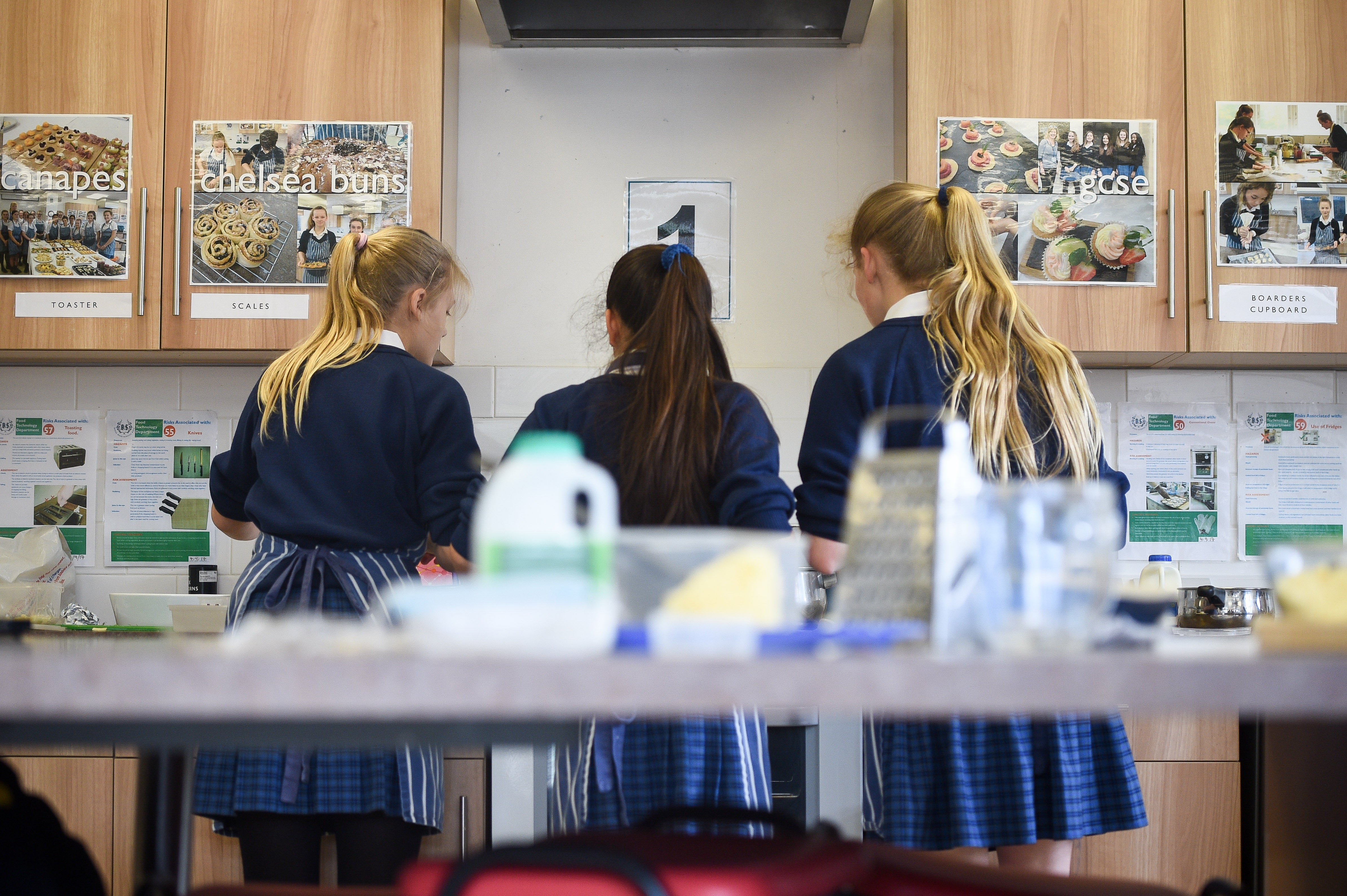Mental healthcare in schools: is Labour delivering its promises?
Bridget Phillipson, the education secretary, claims to have taken the first steps towards better support for young people, writes John Rentoul


Bridget Phillipson, the education secretary, and Wes Streeting, the health secretary, have pledged to “supercharge a coordinated effort to address the root causes of issues resulting in disruption and chaos in classrooms”.
In an article launching their plans, the line that attracted most attention was about teaching children “grit” to survive the ups and downs of school life as preparation for the ups and downs of life. But the substance was this announcement: “We will deliver on our manifesto commitment to get every child who needs it access to mental health support within school – and over the course of this year, we will roll that support out to nearly a million extra children.”
Phillipson, who was on the morning media round on Friday to sell this announcement, told BBC TV: “There is a clear link between poor mental health and poor attendance.”
What did Labour promise at the election?
The party’s manifesto said: “Labour will provide access to specialist mental health professionals in every school, so every young person has access to early support to address problems before they escalate.” Along with a promise of Young Futures Hubs in “every community”, this was costed at £175m a year, which amounts to only a few thousand pounds per school in England.
In addition, the party promised 8,500 additional mental health staff in the NHS, costed at £410m a year. Again, this is not a huge amount of money, and not enough to deliver the ambition in the manifesto to “give mental health the same attention and focus as physical health”.
Today’s announcement, however, is only about schools, although Phillipson tried to link it to the welfare reforms proposed by Liz Kendall, the work and pensions secretary, saying that the benefits of better mental health at school will feed through into people needing less help in later life. Ministers are known to be concerned about the rising number of claims for long-term disability benefits for mental illness.
In their article, Phillipson and Streeting say: “This government is embarked on a public service reform agenda focused on intervening early to prevent greater problems mounting up down the line.”
How much progress is the government making?
Phillipson said that access to mental health support in schools would be available to a million more children by the end of this year (there are nine million pupils in England).
She also claimed that the government was making progress in improving attendance: “Already on the school attendance front, we are seeing encouraging signs in the months this government has been in office. Children have clocked up 3.1m more days in the classroom this year compared with last year.”
That is hardly likely to have anything to do with the change of government, but she went on to say: “It is from now that we will see a real step change, as we really start to tackle the triple threat of attendance, behaviour and mental health in a joined-up way.”
Friday’s announcement is intended to give a sense that the government is beginning to deliver the change that people voted for, and for which the nation seems to be impatient.
Where did Phillipson get that idea from?
Phillipson seems to be copying some of the techniques deployed by Streeting, who set himself a target for 2m new NHS appointments and declared that he had met it seven months early. In Streeting’s case, this was intended to reinforce his claim to be turning the NHS round as the waiting list fell for six consecutive months.
Unfortunately, this impression of progress was contradicted by the latest month’s figures, published on Thursday, that showed NHS waiting lists rising again.
Journalists speculate that Phillipson feels under pressure to deliver signs of progress because those same news people have been speculating that her position in the cabinet may be insecure.
Apparently, her “allies” briefed the press that this latest announcement is the third manifesto pledge she’s delivering, after breakfast clubs and school-based nurseries.
How much difference will this rollout make?
Most people would regard better mental health support in schools – even just an extra one school in nine – as a good thing, but there is a lot of scepticism in the education world that it will be a solution to the persistent problem of school attendance since the pandemic.
Although Phillipson links poor mental health and non-attendance, correlation is not causation. It seems more likely that the experience of lockdowns, when millions of children were home-schooled, caused a big change in attitudes towards school, as many children who did not like school discovered that they could simply not go. Changing that is a huge challenge for any government.
Join our commenting forum
Join thought-provoking conversations, follow other Independent readers and see their replies
Comments